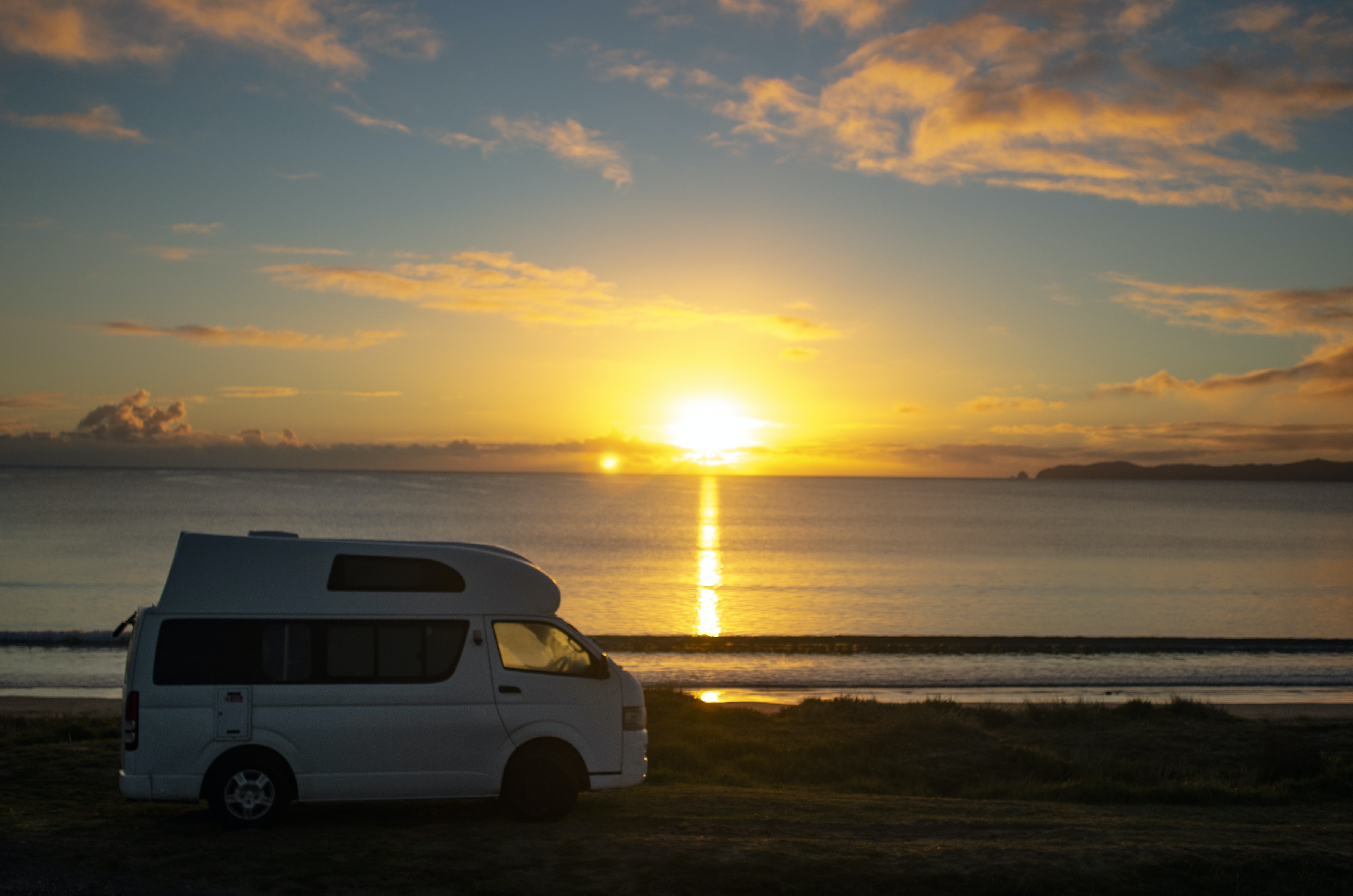
In the light of the COVID pandemic and with staycations look set to become the new norm, we take a look at the latest sales data on motorhomes, campervans and caravans and the motorhome and caravan dealer insurance you will need for a business venture in this sector.
In our recent blog on motorhomes we looked at the consumer side of insurance. Here we look at the motor trade market in this staycation success story.
Holiday Searches
According to the online magazine Autotrader, there was a 51 per cent increase in views of motorhome adverts and an 80 per cent year-on-year rise in caravan ads for the last two weeks of June 2020. And the data reveals a shift in the age ranges of people searching for motorhomes and caravans since before the lockdown, with a reduction in people over the age of 55 searching, replaced with an increase in 18-34-year olds.
An earlier survey of 2,000 users on the Autotrader website found that 40 per cent were planning a 2020 staycation with 22 per cent saying a caravan would allow them to avoid busy areas, and 29 per cent said they’d feel more confident of going on holiday during the coronavirus outbreak.
New research from British online classified advertisement and community website Gumtree has revealed that 9.2 million Britons (18 percent) are leaving behind traditional hotels and holiday rentals in favour of more flexible caravanning or camping trips. Gumtree has also recorded marked increases in searches for motorhomes (+51 percent), caravans (+33 percent) and campervans (+43 percent).
A Buoyant Motorhomes Market
If you are thinking of setting up a rental or showroom business or even expanding your current offering, investing in caravans and motorhomes could be a worthwhile investment. Even manufacturers have seen a spike in interest with VW reporting to Car Dealer magazine that requests for quotes on its popular California model were up 250 percent and Grand California up 100 percent in April.
Over the past decade, sales of new campervans have increased with figures now showing that as many as one-in-three new motorised leisure and recreational (RV) vehicles on sale are campervans. This is more than 4,000 every year, with some approximating that the true figure could be as high as 6,500.
If the figures tell us anything then it’s that this is a great time to be in the motorhomes retail business with this sector of the motor trade performing outstandingly against others, in new or used models. Campervan and caravan dealers are reporting booming sales as one area of the motor trade rides a wave of post-lockdown activity – with prices rising steeply.
New vehicles can cost as much as £100,000 but customers are also looking to the burgeoning second-hand market where a camper van can be purchased for less than £10,000. UK owners typically spend between £35,000 and £55,000 on a campervan.
Liabilities in the Motorhomes Business
For those embarking on motorhomes sales, your motor trade insurance policy should cover liabilities, including public and employers’ liability, as well as products indemnity insurance on a standalone basis or as part of a package.
Motor trade public liability insurance should cover you should a member of public become injured on your premises. When thinking about getting motor trade insurance for your business, remember to ensure that all your employees are covered, whether on the road or in the garage. Employers’ liability insurance is a legal requirement that provides protection to your employees on the forecourts or behind the scenes in the garage services area as well for as equipment and machinery use.
Also, take a look at professional indemnity cover that will protect you in the instance that a claim may be made against you due to your professional negligence. For example, you could find yourself being claimed against if you’ve provided someone with incorrect advice regarding the modifications on their vehicle.
Your motor trade insurance policy should cover all your buying and selling, delivery and storage risks, with your trade plates considered a part of your policy. Trade plate insurance covers you for the movement of non-registered and taxed vehicles and will include full road risks delivery by transporter and trailer under a trade plate and storage of vehicles, freight forwarding or dovetailing your liabilities as a sub-contractor of a national recovery organisation.
Buildings and office contents and other equipment, as well as stock, should also be covered in the case of unforeseen emergencies such as fire or theft.